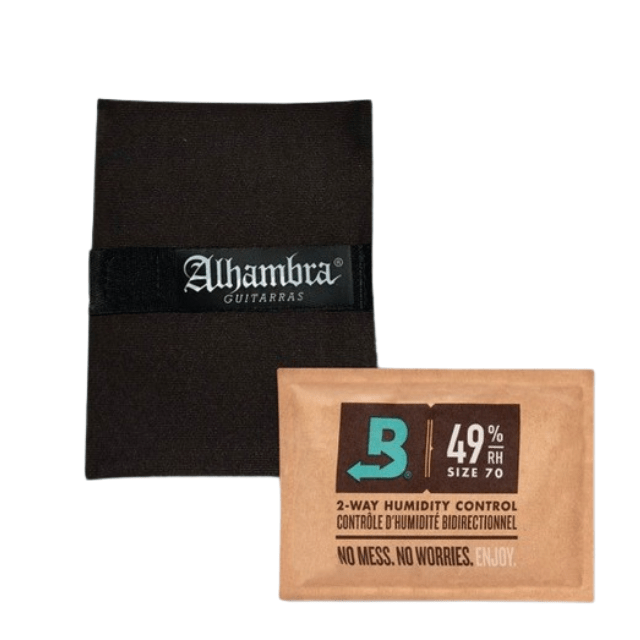Descubre las novedades y noticias que te trae Alhambra Guitarras

GUITARRA SABINA: La Creación de una Obra Maestra Musical
Este relato busca inmortalizar la construcción de la nueva guitarra de Sabina, y qué mejor manera de hacerlo que a través de los títulos de sus composiciones.
Leer más
Boveda: La Solución Innovadora para la Conservación Óptima de tu Guitarra Alhambra
La calidad del sonido y la durabilidad de tu guitarra Alhambra son más que solo detalles; son la esencia de tu pasión musical.
Leer más
De Austin a España: La Aventura de ACGYO con Guitarras Alhambra
La Orquesta Juvenil de Guitarra de Austin (ACGYO), fundada en 2013 por Joe Williams, ha reunido a talentosos jóvenes guitarristas para perfeccionar sus habilidades y compartir su pasión por la músi...
Leer más
